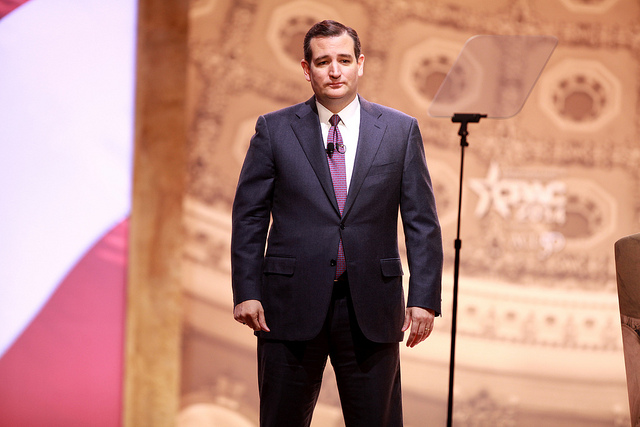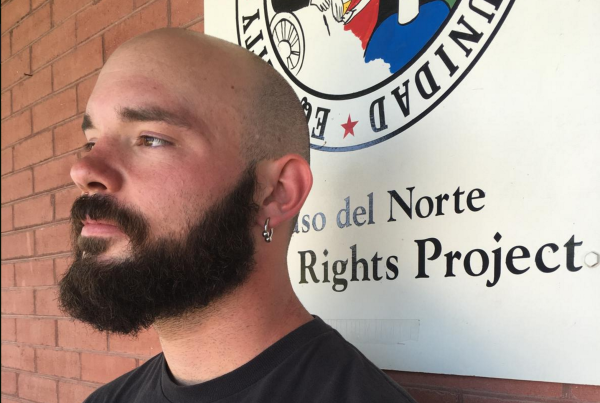May 4, 2016: It’s a day which may well mark the start of a new era in American politics, although it might not feel that way at first.
The change was made all but official last night, with the withdrawal of Texas Sen. Ted Cruz from the Republican presidential contest – and a tweet from party leader Reince Pribus promising to back the presumptive nominee:
.@realDonaldTrump will be presumptive @GOP nominee, we all need to unite and focus on defeating @HillaryClinton #NeverClinton
— Reince Priebus (@Reince) May 4, 2016
Whether Donald Trump wins or loses in November, it’s clear that the party’s new standard bearer isn’t a direct descendant of the Goldwater Republican, nor the Reagan Republican of the past two generations.
In its place, a new breed: the Trump Republican.
While GOP presidents once talked about a new world order led by America’s ideas of freedom and free trade, Trump is unilateralist, protectionist and isolationist. And despite all the bloated, bigoted, xenophobic and misogynistic rhetoric that makes many apoplectic, Trump’s ideas about raising taxes on the wealthy and punishing companies that export jobs are not drawn from the old GOP playbook. Nor are Trump’s positions consonant with social conservatives – just ask him about Planned Parenthood or the latest brouhaha over bathrooms.
In a few weeks – perhaps sooner – a collective astonishment will give way to an important question: Beyond the insults, what does “Trump Republicanism” stand for?
This much we already know: it stands for a profound turn in the trajectory of the Republican Party, which can only have ripple effects across all factions of American politics.
For Texas and its influence on the political conversation, this moment may well signal a new low water mark. Helping us to understand is Ross Ramsey, executive editor of the Texas Tribune. He says that for a while, Texas Republican politics have influenced the GOP on a national level. The presumption was that whoever the presidential nominee may be would, to some degree, carry some Texas conservative political ideology. With Cruz out of the running, that’s changing.
“The thinking was that even if it wasn’t a Texas candidate, whoever went to the Presidency or went to the nomination from the Republican side, would be carrying forward some of those ideas, social conservatism, movement conservatism, whatever you want to call that,” Ramsey says. “Some of the Tea Party ideas, some of Texas’s strong push for Federalism and states rights might be imbued in a federal candidate. That’s not going to be the case.”
In a political climate where conservative voters have typically had candidates that supported the ideology of shrinking government, voters will now have to make a tough choice about who to vote for.
“The problem for Texas Republicans is to look at this and say, ‘I’m for these ideas, I’ve been supporting them in my Governors and State Government for years, and now I’m looking at a presidential race where I’m choosing between candidates who don’t embody any of those things,'” Ramsey says. “And they have to decide … It’s a leap for a Republican to vote for Hillary Clinton. It’s something for a leap for them to vote for Donald Trump.”
But after the dust settles, it’s likely that many Republicans will end up casting their ballot for Trump. State leaders like Gov. Greg Abbott and Lieutenant Gov. Dan Patrick have already spoken out in support of Trump. Because when it comes down to it, they’d rather have a Republican than a Democrat.
“I think this will be a very interesting race, because if you’re a Republican, Trump has said a lot of things that kind of aren’t in the playbook,” Ramsey says. “And you’re going to have to either reconcile yourself to that, or find another hobby.”
Web post prepared by Alexandra Hart.















